School based SLPs often look to align their intervention goals with academic content standards in order to increase student success in the classroom. Many of these goals align with English Language Arts standards. Goals for vocabulary, comprehension, and articulation can easily be targeted using fiction and non-fiction texts. Using reading passages is a perfect way to support reading skills and curriculum. It’s also an easy way to incorporate current events or seasonal information as well. I wanted to share four different resources I used for my caseload this year.
1. Newsela.com
Newsela is a site that takes regular news articles and changes the lexile level for a variety of readers. You can select the article, then pull it up on your screen. On the right side of the screen you can select a variety of lexile levels from 3rd grade up to the regular adult version.This is perfect for mixed groups.
I love to use it for middle schoolers reading at lower lexile levels.
We also use these in my articulation groups. This 7th grader went through and highlighted each /r/ word.
As he reads the page, I marked each sound with a +/-. Then we go back and work on the words he missed.
This resource is free.
ReadWorks is another fantastic free resource. I love their units for seasonal reading. Sign up for a free membership. You can search using the calendar at the bottom of the home page. There are resources for Kindergarten and up.
They even have whole units for free for common books you already have on the shelf! Take time to search through and find units that are made to teach specific skills.
Many districts pay for teachers and SLPs to have access to ReadingA-Z.com I use it a lot and would recommend it to any SLP working with school aged students. I also have access to VocabularyA-Z. Let me show you some favorite resources within it.
Leveled books used to be the meat of ReadingAZ. Lately they have added a whole lot more, but these are still my Go-To!
Once you open a leveled book, you have many options. Print the book, share on a Smartboard, or print additional worksheets.
I love the vocabulary connections most of all. Since we have a subscription to VocabularyA-Z there are sets of vocabulary lessons for EVERY BOOK!
This is such a huge time saver for me. It takes the planning out of vocabulary practice!
There are special lessons for ELL/ESL. These are great for language learners and for daily living skills units. There are printable books that focus on feelings, vocabulary (vegetables, money, etc.), and places (neighborhood, school).
The website also includes decodable books. They are divided by sounds and even blends. These are great for articulation practice.
One section of ReadingAZ features comic books. Lots of my reluctant readers /language delayed kids love comic books.
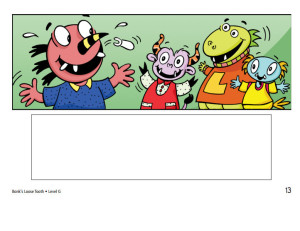 The last feature I frequently use is the write your own story books. Most of the lower leveled books are available in the ‘write your own’ format. You can either print the regular book or print the wordless book. This is an easy way to progress monitor a variety of grammar and narrative skills. Of course it’s great for direct instruction too! If you’re working on retell you can read the story with the words first and then use the ‘write your own’ version to support retell.
The last feature I frequently use is the write your own story books. Most of the lower leveled books are available in the ‘write your own’ format. You can either print the regular book or print the wordless book. This is an easy way to progress monitor a variety of grammar and narrative skills. Of course it’s great for direct instruction too! If you’re working on retell you can read the story with the words first and then use the ‘write your own’ version to support retell.
ReadingAZ is a paid subscription. Look into the free trial if you haven’t used it before.
4. N2Y.com
News-2-You is a symbol based weekly newspaper. It’s my ‘go-to’ for daily living skills classes and autism classrooms. I love the predictability and the symbol support. You can also download many levels of instruction.
This is the ‘regular version
The simplified version has less text.
This is the ‘higher’ version (but still not the highest offered.)
Did you know they have a spanish edition?
I love the pre-made communication boards and the recipes included. I use the app frequently with my students.
N2Y is a subscription based program. You would not be disappointed if you purchased it. I promise!
Those four resources are websites I use every week to support my instruction. SLPs can use them as part of their instruction or as a way to provide homework.
align their intervention goals with academic content standards in order to increase student success in the classroom.
Join the SRN newsletter!

I'm so glad you stopped by! If you'd like to keep up with the newest posts and get exclusive free downloads, please sign up for the newsletter! Your first freebie is ready as soon as you subscribe and confirm your email!


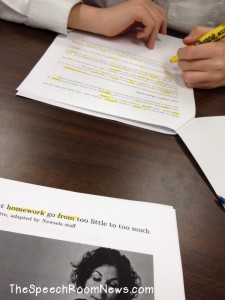
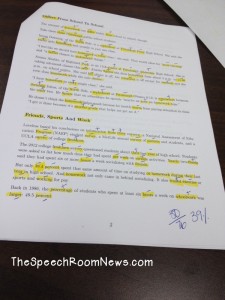
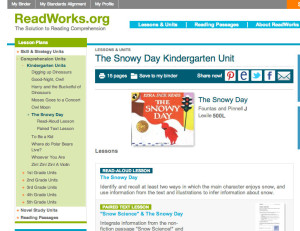
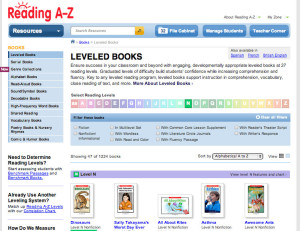
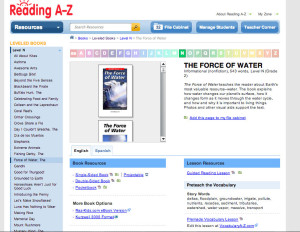
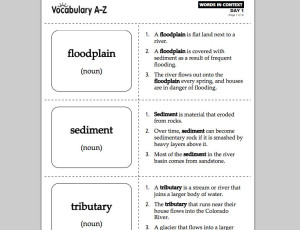
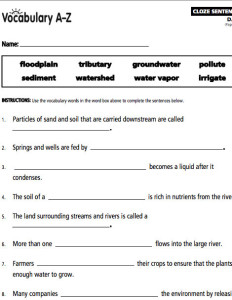
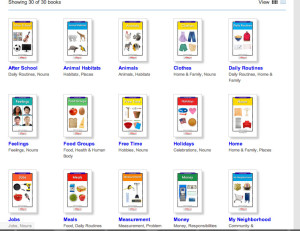
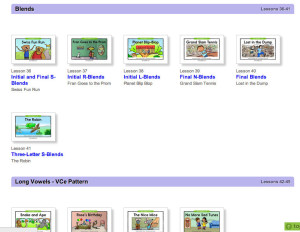
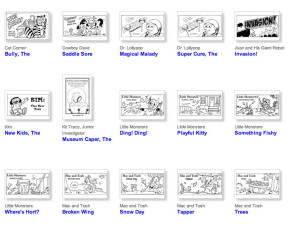


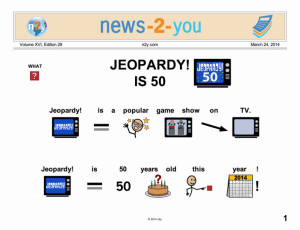
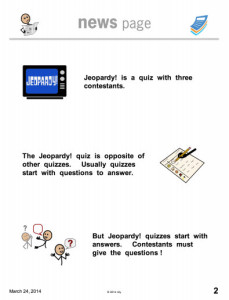
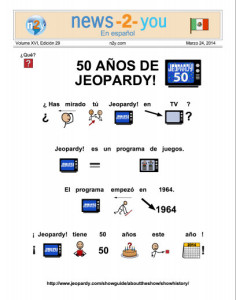
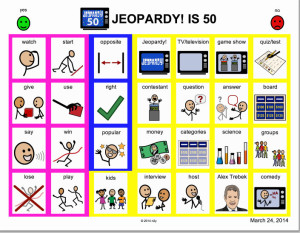

Thanks for sharing! Newsela looks like it could be a GREAT resource.
Thanks for commenting! It’s enjoyable!
I have been using http://www.englishforeveryone.org/ but was having trouble finding other sites. These look great and perhaps more enticing? I like englishisforeveryone.org though just for the sheer amount of resources and printable worksheets. It seems like just about everything is covered and while it is geared toward ESL/ELL students, I have used it with many of my highschool students and some elementary students working on reading comprehension.
Oh I need to check that out! I haven’t tried it before! Thanks!
I love using Readworks in my therapy sessions as well! Thanks for the additional resources. I hadn’t heard of any of those other ones.
I LOVE readworks! It is so high quality!
http://www.tweentribune.com is another great site with current event articles. It doesn’t offer leveled text, but each article ends with a critical thinking question. Also, if the teacher signs up for an account, students can submit their answers for others to see on the site.
I forgot about that one! I’ve used it before but not very consistently!
I love ReadingA-Z! I use their sound loaded books all the time in artic tx 🙂
I’m definitely going to check out newsela. Thanks for the info!
Yes, I love those sound loaded books!
Thanks! These are great! I’ve been looking for different sites to use during therapy. I have one question though…the link to readworks isn’t working for me. Any idea why?
Thanks!
My district has a New2You subscription and I use it as much as I can. I enjoy the recipes with my MH class. The most recent article was about We Day. I followed up our reading comp activity by googling We Day. There was a great video of all the festivities in Canada. I then challenged my kiddos to help another kid that day [not in there speech group].
It’s always difficult to find things for my arctic kids to read. This is great!